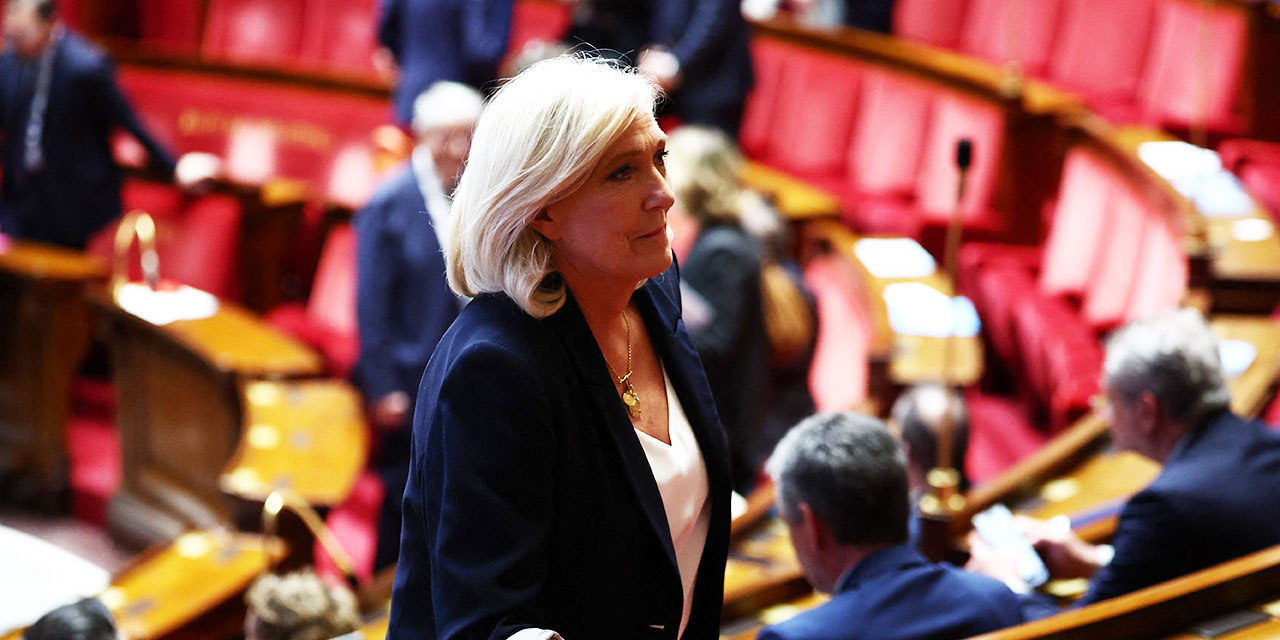For a license to receive television broadcasts in their homes, British households must pay an annual fee of about $200 (soon to rise), which subsidizes the once famous but now increasingly infamous BBC. This broadcasting system exemplifies two of the guiding principles of contemporary British public life: the active promotion of vulgarity and the shameless looting of the public purse.
Conservative Party head David Cameron recently sat down for an interview on the BBC with Jonathan Ross, whom the organization values for his extreme crudity. He asked Cameron whether, as a youth, he had ever masturbated (he used a more demotic expression) while fantasizing about Margaret Thatcher.
Never mind that Cameron ought to have known better than to allow himself to be interviewed by a man employed precisely to ask such things, or that the sniggering and adolescent question, referring to an important living historical figure who is now an old lady in her eighties, was quite without intellectual or political point. The BBC thought the exchange choice enough to include in the edited version of the interview actually broadcast.
Defending himself from criticism, Jonathan Ross said that he still considered his question “valid.” The imprecision of his language no doubt reflects the weakness of both his intellect and his sense of decency. What did he mean by validity? That he had formulated the question grammatically? That it addressed an important point of policy or principle? That any possible answer to it was a matter of vital public interest? The only possible point of the question, in fact, was to help destroy the few remaining inhibitions in British public discourse.
Not long before the interview, the British press reported that the BBC had given the framer of that witless and asinine question a three-year TV contract worth between $10 million and $11 million per year (as well as an additional $1 million a year for a weekly radio show). Remember that these huge sums come out of public funds and bear no relation whatever to any commercial value. The BBC is losing viewers and listeners all the time; a growing proportion of the population never tunes in to any of its programs. The BBC cannot even claim any longer that it produces, as it once did, the kind of intelligent programs that commercial broadcasters shun.
The vast payments made to Jonathan Ross therefore represent a gift from state functionaries (who themselves have also looted the public purse unmercifully), on condition that he keeps contributing to the ideologically-driven vulgarization of the culture. Unfortunately, the subject of Jonathan Ross’s interview, David Cameron, is not so much a victim of that vulgarization as product of it. There is no prospect whatever that he will try to reverse it.
We have returned to the eighteenth-century days of state patronage, with this difference: that the men who exercised it back then were at least men of taste and discrimination. They knew a Dr. Johnson when they saw one. From Dr. Johnson to Jonathan Ross: what a falling-off was there!



